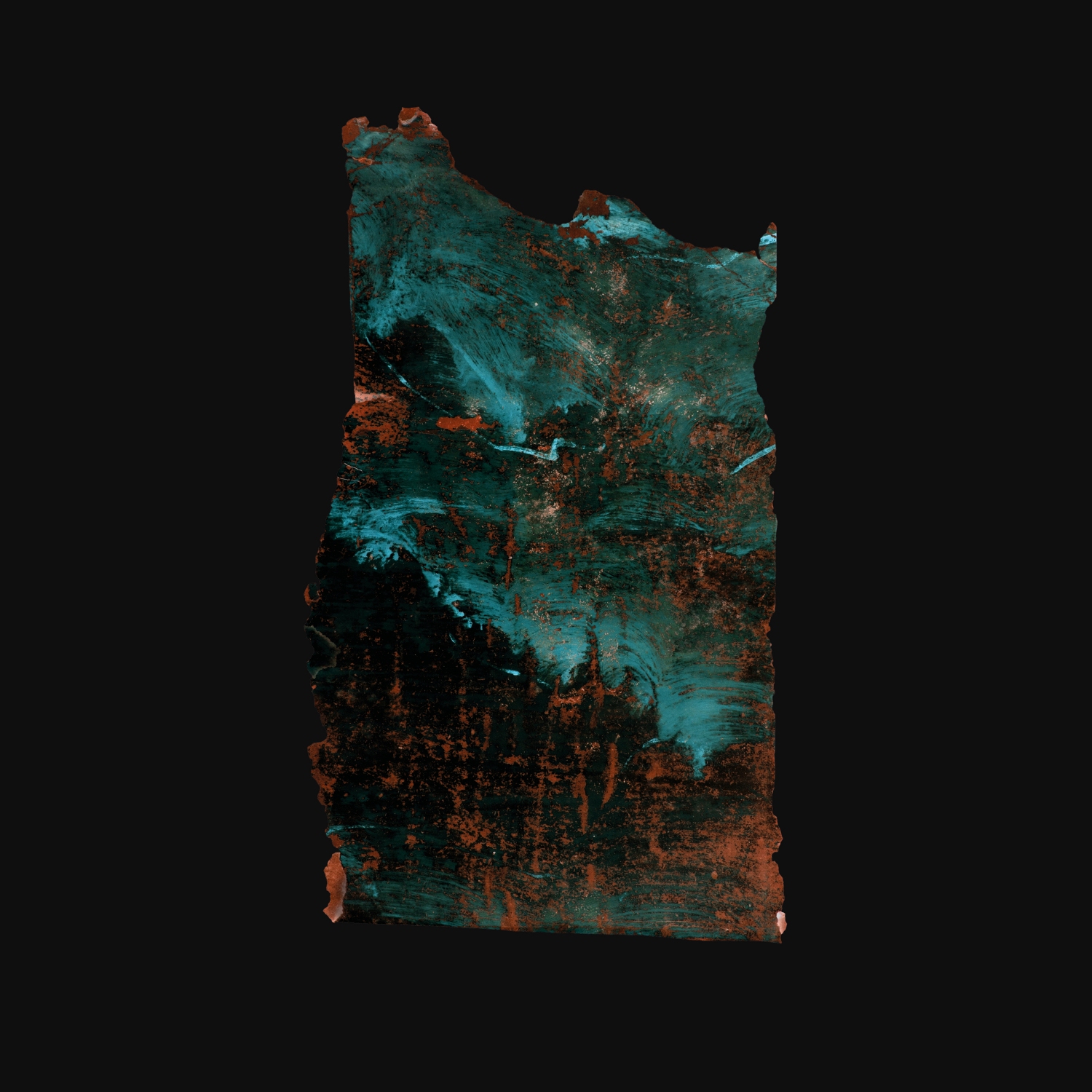In his 1972 essay “The grain de la voix” (“The Grain of the Voice”), Roland Barthes uses the term ‘geno-song’ to identify the richness, beauty, and value in the spoken and sung voice as a means of demarcating it from the actual words being produced. Meaning lies in the sound, not the words. Language is more than just what is said, and the geno-song is more than how words are sung. It’s the timbre of the voice, but also just the way words are shaped, drawn together, and accentuated to draw meaning from sound rather than lexis.
This is a relevant opening to a review of Cult of Luna‘sThe Long Road North because (a) it makes me look quite clever, and (b) it’s a concept that makes total sense when you take into account the fact that the vast majority of Johannes Persson’s lyrics are obscured behind his larynx shredding delivery – the meaning is clear, even when the words aren’t. The message is unambiguous, even when you don’t know how to translate it properly into anything other than a visceral rather than a cognitive response.
Widescreen, majestic, huge, glorious, career best – just a few platitudes that spring to mind as you listen to The Long Road North. Sweden’s Cult of Luna are just beyond ridiculous now. So honed is their musicianship, so tight yet spacious is the production here, so beautifully organic does it all feel – and this from a band who have been around for more than 20 years – that this is truly life-affirming stuff. If heavy metal produces an emotional release in the listener then these post-metal titans’ latest offering is catharsis3.
Album opener “Cold Burn” could well be the zenith of the post-metal genre as a whole, it’s that good. A discerning foghorn style sound beckons in a sombre, eerie feel before thundering drums begin, evoking the movement of a thousand foot soldiers. Persson’s voice is in fine guttural form, with every vocal cord strained to its maximum capacity. Whereas on some earlier Cult of Luna output it often felt that the vocals were a little overplayed, there is a tendency across the nine tracks of the album for Persson to take a relative back seat and let the instrumentation carry much of the emotional pull and intensity of the record. The track ebbs and flows towards the end, the band offering the listener a welcome respite from the rapturous cacophony that is wonderfully overbearing. It’s an all-consuming opening, with interweaving guitar lines fighting for your attention as they spiral around one another to dizzying effect.
Despite the jaw-dropping peak of the triumphant opening, the album doesn’t wane at any point. Yes, “Cold Burn” could well be the best song the band has ever recorded, but the other tracks on The Long Road North aren’t too far behind. “The Silver Arc” is a transcendental opus that rallies around repetition and refrains, each cycle adding a small guitar hook here, and minor change to the melody there. It’s a clear sign that Cult of Luna are now using a more temperate approach to their song writing. It’s not as though this is entirely new to the band (see the exquisite “The Great Migration” from 2008’s Eternal Kingdom), but where before the quiet parts always felt like a mere reprieve before the chaos started again, here there seems a more even flow to the compositions, a more natural feel to the manner they evolve, manifest, and transmogrify. It feels less deliberate, less written. More geno- than pheno-.
The quasi-shamanic “An Offering to the Wild” continues the band’s focus over recent releases on nature, an almost paganistic connection to the planet. Persson moved his family back to his home town of Umeå and drove deep into the local woodlands during the first lockdown (because where else are you going to go?) and the song’s essence seems optimistic with ascending notes which resolve guitar lines, evoking a sense of hope in the natural world. Herein lies the beauty of the band as they combine desolation and desire on the same record. Hate and hope, cruelty and craving.
There are moments on the record when the words are comprehensible. “Beyond I” features a sumptuously fragile vocal performance from folk singer Mariam Wallentin. Her performance stands in contrast to the band’s collaboration of 2016 with Julie Christmas, Mariner, as Wallentin is sombre where Christmas was assertive. “Into the Night” allows guitarist Fredrik Kihlberg to step up to the mic to deliver his best Carl McCoy goth-lite impression. The range of voices serves to add credence to the expansive feeling of isolation – this is not just one person going through this, we all are.
There is an obvious dramatic irony in multiple voices sharing the same concern, though rather than creating a sense of shared commonality this oxymoron only deepens the disconnect between souls and highlights the desperate nature of this life we cling to. The duality of Kihlberg’s lyrics opining “In the distance you’re fading away”, while Wallentin’s voice breaks under the strain of the line “Every time I close my eyes / I see you” highlights the circular nature of the narratives at play on the album – loss, longing, and the pain that inevitably comes from loving. Live, Laugh, Love? Live, Love, Lose.
The album’s strength is in its sheer breadth, its teleological scope, its grandeur without pretence. The venomous pairing of the title track and the glorious “Blood Upon Stone” subside into album closer “Beyond II”, a collaboration with everyone’s favourite multireedist Colin Stetson. It’s an exquisitely eerie instrumental piece of squalling noise and rising notes, ethereal drone with wailing voices occasionally coming into the mix. It’s not a song as such, but it is pure geno-song.
TL;DR: The Long Road North is a masterpiece.
P.S. I dare you to name another band whose output has got consistently better as they step into their third decade together. I’ll wait.


